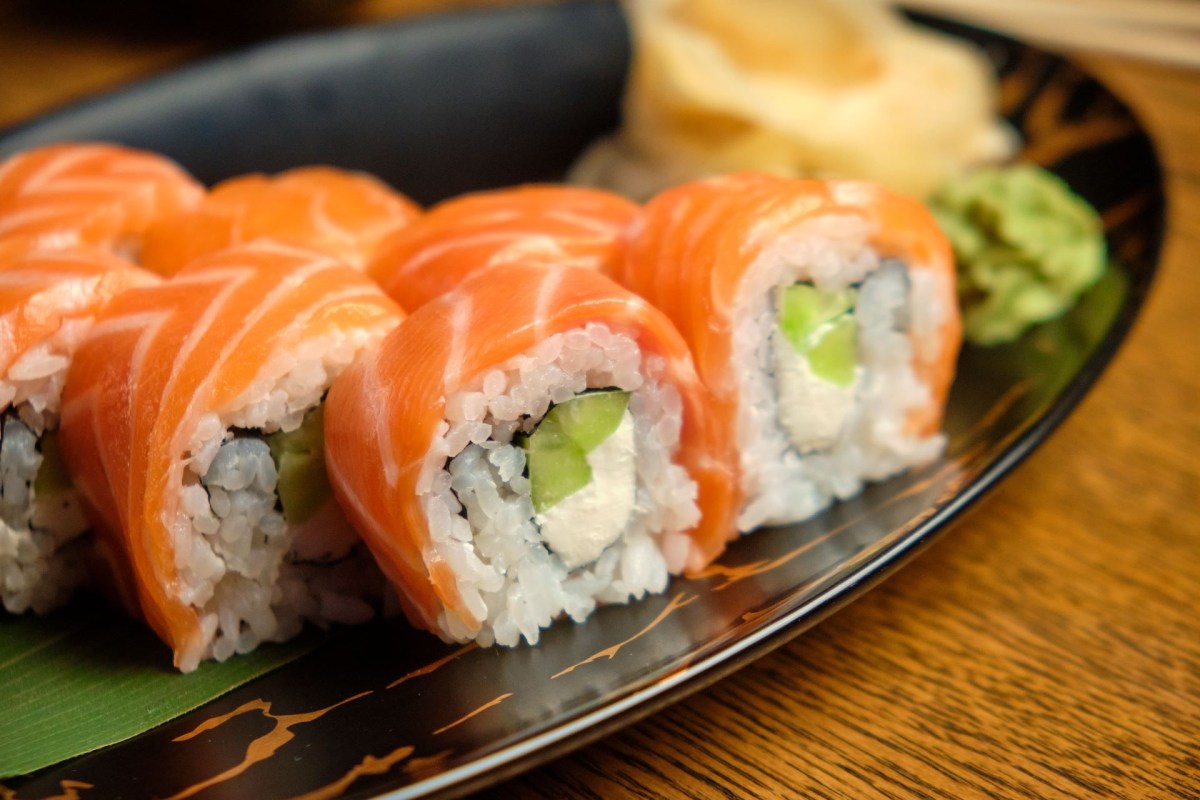While seafood can be a healthy and nutritious part of your diet, with the potential to be sourced sustainably, that is not always the case. Many types of fish have had their populations depleted due to overfishing and destructive farming practices.
Luckily for us, there's an online tool that helps you learn which types of fish are both healthy and farmed sustainably, allowing you to make the best choices when deciding which type of fish to go with for dinner while steering you away from low-quality seafood.
What is the Seafood Watch guide?
Monterey Bay Aquarium's Seafood Watch guide allows you to search by region, learning which types of fish are the best to buy where you are, according to the Seafood Watch's criteria of environmental sustainability.
The fish are broken down into three categories: Best Choice (fish that are caught and farmed responsibly); Good Alternative (some concerns with how they're caught, farmed, or managed); and Avoid (overfished, lack strong management, or are caught or farmed in ways that harm other marine life or the environment).
If you live in the Northeastern United States, for example, you can feel good about buying farmed bass, catfish, and clams, but you should avoid branzino, halibut, and lobster, among others.
If you're on the West Coast, Arctic char and cod from Alaska are good choices, while octopus and cod from Japan are not.
The Seafood Watch also includes a species guide for some of the most popular types of fish so you can learn more about where to find sustainably sourced tuna, cod, and tilapia.
The level of research that went into this project — which began 20 years ago — is incredibly helpful to consumers hoping to make choices that are the least harmful to the planet and the most sustainable long-term.
Why is this important?
Wild fish populations are in decline worldwide, and with changing temperatures and environmental pressures, as well as increased demand for seafood, which has surged in popularity in recent years, the problem is only getting worse.
That's why making smart, informed choices about the type of seafood you consume makes a big difference. Some, but not all, fishermen and farmers around the world are leaning into more sustainable practices that result in less bycatch, habitat destruction, and population depletion.
TCD Picks » Quince Spotlight

It's a lot to ask, however, to engage in that amount of background research every time you go to the grocery store. And that's why Seafood Watch is such a valuable resource — they've already done the work for you, and you just get to take their suggestions and enjoy your fish.
Join our free newsletter for easy tips to save more, waste less, and help yourself while helping the planet.












